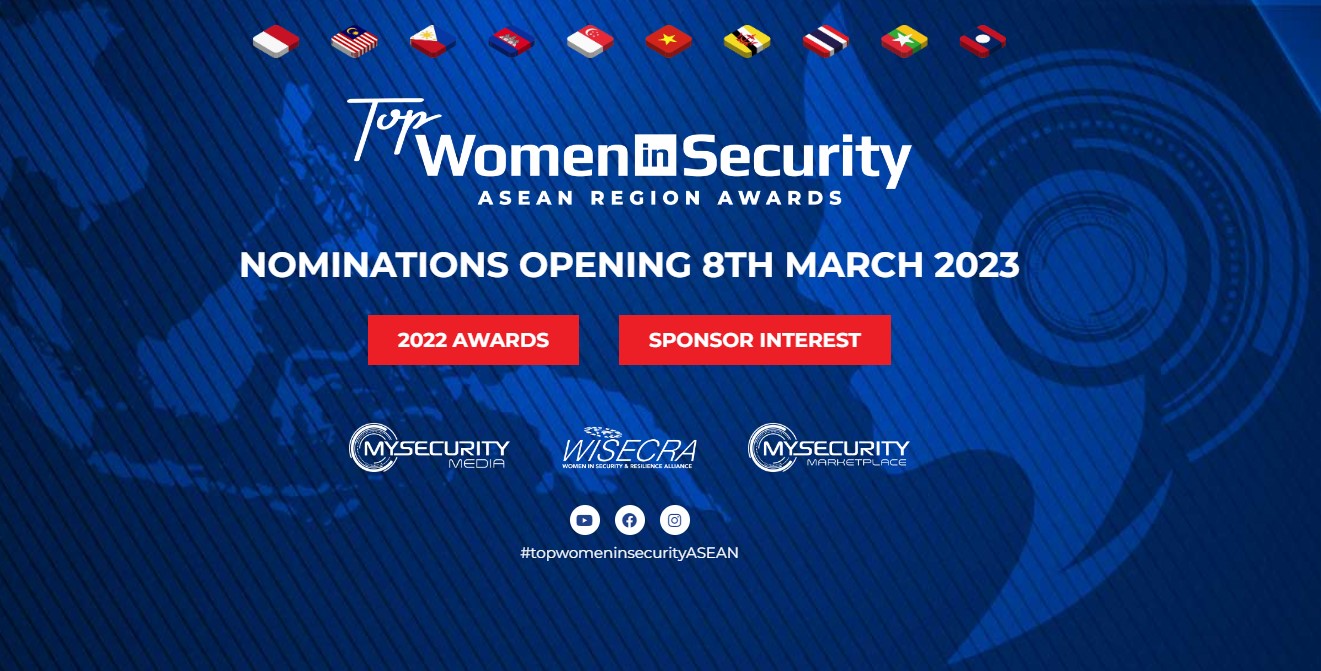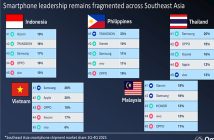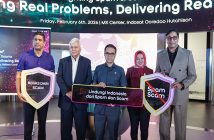
Good afternoon, everyone. I am really pleased to have the opportunity to speak with you on a topic, which is close to my heart, that is Women in Cyber, and more broadly, women in tech.
This is the fourth edition of the Singapore International Cyber Week Women in Cyber event, at a time when cyber threats have become more prominent.
I am very encouraged to see today’s growing representation of women among cybersecurity leaders and practitioners, both locally and internationally. I suggest, in all humility, that we use this occasion to celebrate the progress that women in cyber have made, whilst keeping our eye on the future and retaining a sense of dissatisfaction that more is needed and more can be done.
As always, we want to focus on nurturing women cyber talents and leaders. This is built upon efforts to develop a sustainable pipeline through drawing from diverse talent pools.
Key Message 1: Drawing on Diverse Talent Pools to Build a Sustainable Cyber Talent Pipeline
Why is this necessary? The answer has been obvious for some time. It is because demand for cybersecurity professionals far outstrips supply. We constrain ourselves unnecessarily if we don’t tap varied sources, including women who now make up only about a quarter of the cybersecurity workforce globally.
In Singapore, we are proactively developing multiple pathways to crowd in more talents at different levels of our ecosystem.
Under the umbrella of the national SG Cyber Talent initiative, the Cyber Security Agency of Singapore (CSA) has introduced programmes targeted at youths and women. a. Over the past 3 years, SG Cyber Youth initiative has reached out to over 11,000 students through cybersecurity bootcamps, learning journeys, school talks, and career mentoring sessions. We have found this to be extremely useful, because not everyone knows about the opportunities in cyber, and not everyone feels sufficiently informed about what it will take for them to enter these fields or to succeed. So, these sessions give the students a flavour of cybersecurity and the kind of community they can be a part of.
Similarly, SG Cyber Women initiative has engaged over 2,400 women and girls to encourage them to take up roles in cybersecurity. This programme complements our wider efforts to attract women to join the tech sector in Singapore through the Infocomm Media Development Authority (IMDA’s) SG Women in Tech programme.
CSA also actively encourages and facilitates mid-career professionals to transit into cybersecurity job roles through career conversion programmes. These are people who have been in the workforce for some time. They may not have been in IT-related or security-related roles. As a result, they may not have the skill sets to take up the many job opportunities that are emerging in cybersecurity.
a. One example of an intervention we have introduced is the Cyber Security Associates and Technologists programme, which is a company-led training programme jointly developed by CSA and IMDA. We say it is company-led because the curriculum is very much determined by the company’s needs, so the participants know very well that their skills are sought after.
b. We also partner with organisations that are plugged into business networks and the start-up ecosystem in Singapore, such as SGInnovate, which provides intensive training for participants to take on cybersecurity roles through their PowerX Cybersecurity programme.
Beyond frontline cyber defenders, Singapore is also developing talent at the forefront of cybersecurity research and development (R&D).
In July this year, CSA – together with the Singapore University of Technology and Design – launched a scholarship programme. Named the “CSA-iTrust Master of Science in Security by Design Scholarship”, the programme aims to encourage STEM professionals to enter the field of Operational Technology cybersecurity.
We are committed to doing more to develop advanced cybersecurity expertise. Today, I am pleased to announce that CSA will be launching another programme. This is the CSA-
National Cybersecurity R&D Laboratory Scholarship (NCLS), which will nurture R&D talents at the postgraduate level to have deep knowledge of cybersecurity so that they can contribute to the cybersecurity ecosystem, and build capabilities within companies and also the broader ecosystem.
a. Up to 40 NCLS scholarships will be awarded over the next three years to students pursuing Master’s degrees in Computer Science, Engineering, and other cybersecurity-related fields at the National University of Singapore (NUS). These fields of study don’t seem particularly steep in cybersecurity. So where is the cybersecurity element?
b. Well, the scholars will be able to receive training in research and undertake cybersecurity R&D experiments using the advanced computing and simulation capabilities at NUS. In other words, they will get practice-oriented experience and we hope that the skills they acquire will help to enhance our ecosystem.
We welcome anyone who has a passion for cybersecurity and an interest in levelling up Singapore’s cybersecurity capabilities to come on board.
Key Message 2: Breaking Barriers for Greater Gender Diversity in Cyber Leadership
Let me touch on gender diversity in cyber leadership.
As we encourage more women to join the cybersecurity domain, we must continue to dismantle barriers that stand in the way of women rising to the top.
a. These two imperatives go hand in hand.
b. Women with leadership potential must see that they will be accepted and have opportunity to go far. Why else would they invest their time and energies in this domain?
c. We would not otherwise succeed in attracting and retaining women talents.
To build a strong local cybersecurity leadership core, CSA launched the Cybersecurity Strategic Leadership Programme with the Singapore Management University in September this year.
The programme aims to strengthen the knowledge, leadership, and networks of Singapore’s current and future cybersecurity leaders to advance their respective organisations more effectively. The inaugural run of this programme saw a cohort of 21 participants, consisting mostly of C-suite level, and they are executives with experience in the cybersecurity industry, from both the public and private sectors. Now in this run, there were just three women. Far too few, far lower than we would like to see. But it’s a start.
Among this pioneer cohort was Ms Camellia Chan.
a. She founded Flexxon, a company which specializes in hardware-based cybersecurity solutions.
b. One of her biggest motivations for starting her own company was to create a workplace where everyone – regardless of gender, background, or job role – focuses on value creation.
c. She believes passion, determination, and hard work are the key drivers of success – certainly not one’s gender.
I support her view and I certainly hope to see more women like her in leadership roles in our cybersecurity community.
I hope each of you, in your areas of influence, makes the effort to nurture women with a passion for cyber.
Cyber will be more successful with women on board, and women can be successful in cyber. I believe that and hope that you do too. Thank you very much.






